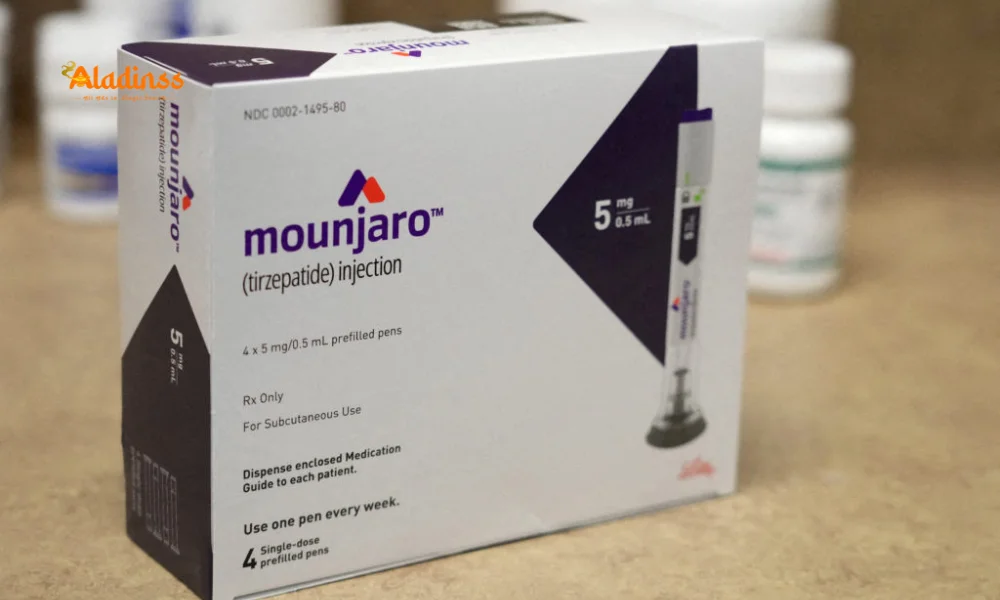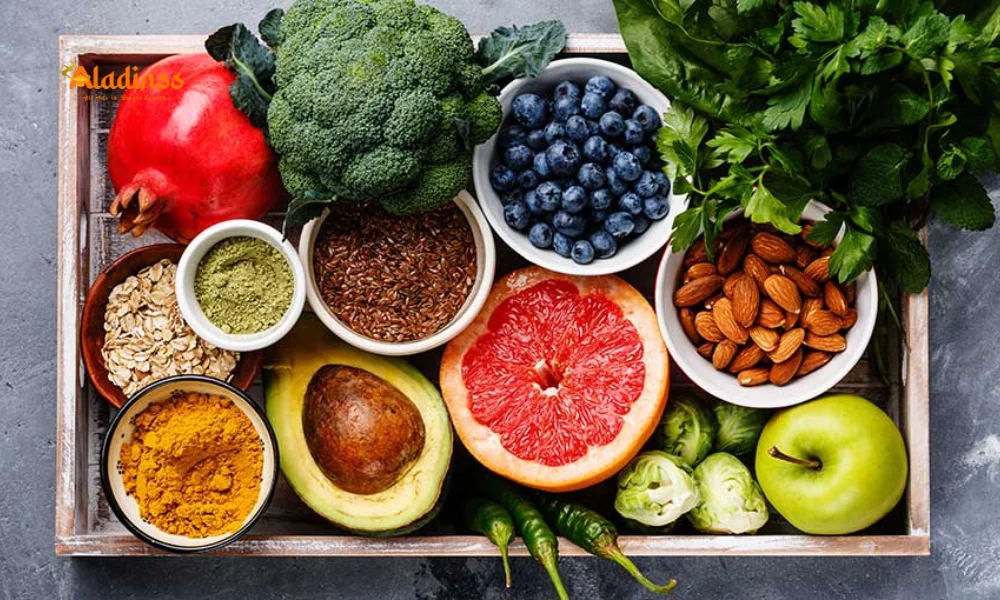AIIMS Gastroenterologist Shares 7 Rules for Gut Health When Eating Out

AIIMS Gastroenterologist Shares 7 Rules for Gut Health When Eating Out
Maintaining a healthy lifestyle with whole foods, regular exercise, and active movement can be challenging when dining out. However, with the right strategies, you can enjoy meals with loved ones without compromising your gut health. Dr. Saurabh Sethi, a gastroenterologist trained at AIIMS, Harvard, and Stanford, recently shared seven gut-friendly rules for eating out in a September 10 Instagram post. These tips help protect your digestive system while allowing you to savor restaurant meals. Below, we explore these expert-backed guidelines to keep your gut happy and healthy, ensuring you can dine out confidently.

Why Gut Health Matters When Dining Out
Eating out often involves rich, processed foods that can disrupt the delicate balance of your gut microbiome. A healthy gut is essential for digestion, immunity, and overall well-being, as it houses up to 80% of your body’s immune cells, according to the Cleveland Clinic. Poor food choices can lead to bloating, inflammation, and long-term digestive issues. Dr. Sethi’s seven rules provide practical ways to make gut-friendly choices at restaurants, helping you maintain your health without sacrificing the joy of dining out. These strategies are especially valuable for those who prioritize a healthy lifestyle but occasionally indulge in restaurant meals.
Rule 1: Skip Ultra-Processed Foods
Dr. Sethi advises avoiding dishes loaded with emulsifiers and additives, which are common in ultra-processed foods. These ingredients, often found in fast food or pre-packaged restaurant items, can disrupt the gut barrier and trigger inflammation. Research shows that diets high in ultra-processed foods increase the risk of gut-related issues, including a 20-30% higher cancer risk, according to a 2024 study in The BMJ. Opting for whole, minimally processed foods when dining out helps protect your gut lining and reduces the risk of digestive discomfort.
Rule 2: Prioritize Lean Protein
Choosing lean proteins like grilled chicken, fish, or plant-based options is another key rule. Dr. Sethi explains that these proteins are easier to digest and less likely to cause acid reflux compared to fried or fatty cuts. Lean proteins provide essential nutrients without overloading the digestive system, making them a smart choice for gut health. For example, grilled salmon or tofu offers high-quality protein and healthy fats, supporting both digestion and overall wellness when dining out.

Rule 3: Go Light on Sauces
Heavy, creamy, or buttery sauces can wreak havoc on your digestive system, leading to bloating and discomfort. Dr. Sethi recommends asking for dressings and sauces on the side, especially those that are rich or high in fat. This allows you to control the amount used, enjoying the flavor without overwhelming your gut. For instance, a light vinaigrette or olive oil-based dressing can enhance your meal while keeping digestion smooth, making dining out both enjoyable and gut-friendly.
Rule 4: Load Up on Vegetables
Vegetables are a cornerstone of gut health, and Dr. Sethi emphasizes prioritizing steamed, roasted, or raw options when eating out. These provide a significant fiber boost, which fuels gut microbes and promotes healthy digestion. He advises skipping deep-fried vegetables, which can cause bloating and negate their benefits. Fiber-rich vegetables like broccoli, spinach, or carrots not only support gut health but also help you feel full and satisfied, making them an essential part of any restaurant meal.
Rule 5: Choose Smart Carbohydrates
When it comes to carbohydrates, Dr. Sethi opts for simple, gut-friendly options like plain rice, quinoa, or baked potatoes. These choices are easier to digest than heavy, buttery, or cheesy sides that can weigh down your digestive system. Smart carbs provide energy without causing bloating or discomfort, making them ideal for dining out. For example, choosing a side of quinoa salad over creamy mashed potatoes can keep your meal light and gut-supportive.
Rule 6: Mind Your Drinks
Sugary drinks, including both regular and diet sodas, are major bloating triggers, according to Dr. Sethi. He recommends sticking to water or soothing herbal teas when dining out. These beverages hydrate without adding unnecessary sugars or artificial sweeteners that can disrupt gut balance. Herbal teas, such as peppermint or chamomile, can also aid digestion, making them a smart choice for maintaining gut health during restaurant meals.
Rule 7: Opt for Fruit-Based Desserts
For dessert, Dr. Sethi trades sugar-laden options for fruit-based choices like berries or sorbet. These provide sweetness with a gentler impact on blood sugar levels, reducing the risk of digestive upset. Berries, in particular, are rich in antioxidants and prebiotic fiber, which support gut health and overall wellness. Choosing a fruit-based dessert allows you to end your meal on a sweet note without compromising your digestive system.
The Science Behind Gut-Friendly Dining
Dr. Sethi’s rules are grounded in science, focusing on minimizing gut irritants and maximizing nutrient-dense foods. Ultra-processed foods, high-fat sauces, and sugary drinks can disrupt the gut microbiome, leading to inflammation and long-term health risks. In contrast, lean proteins, fiber-rich vegetables, and smart carbs support a balanced microbiome, which is crucial for digestion and immunity. Fruit-based desserts and herbal teas further enhance gut health by providing antioxidants and soothing properties. These choices align with research showing that a fiber-rich, minimally processed diet reduces the risk of gut-related diseases, including colorectal cancer.
Practical Tips for Applying These Rules
Implementing Dr. Sethi’s rules is straightforward and practical. Start by scanning the menu for grilled or baked protein options and vegetable-heavy dishes. Request sauces on the side to control portions, and choose water or tea over sugary beverages. For dessert, look for fruit-based options or share a lighter sweet to avoid overloading your system. These small adjustments allow you to enjoy dining out while prioritizing gut health, making it easier to maintain a healthy lifestyle even on special occasions.
Why These Choices Matter
Dining out doesn’t have to derail your gut health if you make informed choices. Dr. Sethi’s rules emphasize foods that support digestion, reduce inflammation, and nourish gut microbes. By avoiding ultra-processed foods, prioritizing fiber and lean proteins, and choosing lighter desserts and drinks, you can protect your gut while enjoying restaurant meals. These strategies not only prevent short-term discomfort like bloating but also contribute to long-term digestive health, reducing the risk of serious conditions like colon cancer and inflammatory bowel disease.
Comment / Reply From
No comments yet. Be the first to comment!






